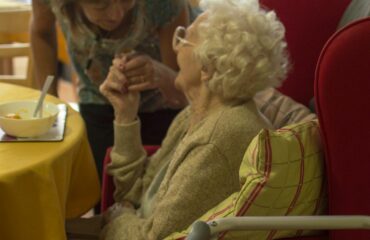
Respite is for Both Parent and Caregiver
Temporary respite care ensures caregivers and parent take a break for a day. Respite can also be for a few days, or a week or two, ensuring the regular caregiver takes a holiday and recharges their batteries. it is proven that respite breaks relieves stress for both parties. Residential care homes with respite care are homes away from home. They make it possible for the elderly to slowly adjust to living in an assisted situation.
Personalized Services
Care homes help their residents with medication management and personal hygiene care. They provide tasty meals, housekeeping, and laundry services. Constantly caring for the disabled, terminally ill, or the elderly without any help can be exhausting. Therefore these respite centres help caregivers take a break. This is fundamentally important for everyone’s well-being. They provide personalized services for their residents and make their stay as comfortable as possible.
Wholehearted Participation Of Residents
Short-stay residential homes also cater to patients recovering from surgeries, or discharged from nursing homes, and are unable to take care of themselves. The residents enjoy good nursing care and transportation for hospital visits when required. Short-stay residents are encouraged to take part in all the activities, this ensures they are busy and feel like they are in their own surroundings.
Different Types Of Respite Care Homes
There are different types of respite care homes. Some provide ‘in-home’ respite care where the caregiver comes to the home of the person who needs this care. There are ‘day respite’ care homes where the elderly are taken care of during the day in the care home, allowing them to socialize in a safe environment. Some provide respite care during weekends or overnight where required. Respite care should always be personalized according to the need of the individual. The staff are trained to meet the emotional and physical needs of the patients.



